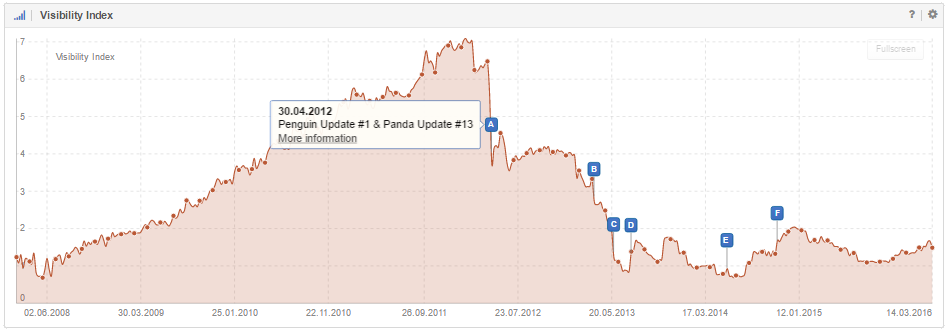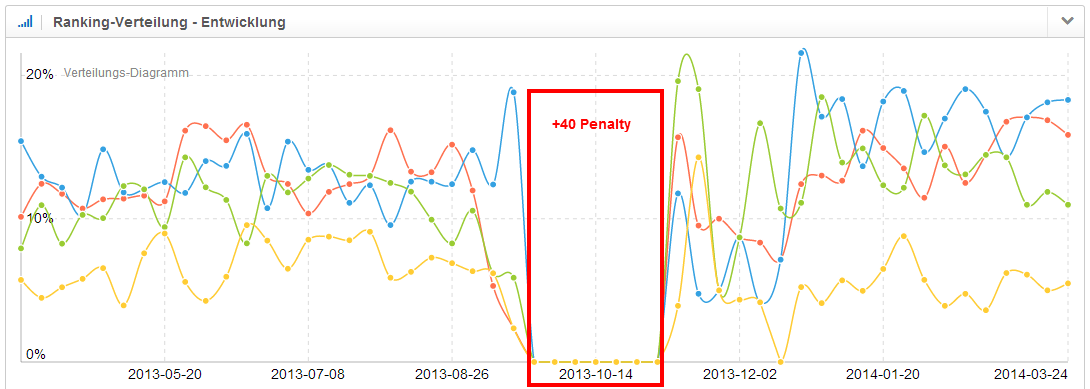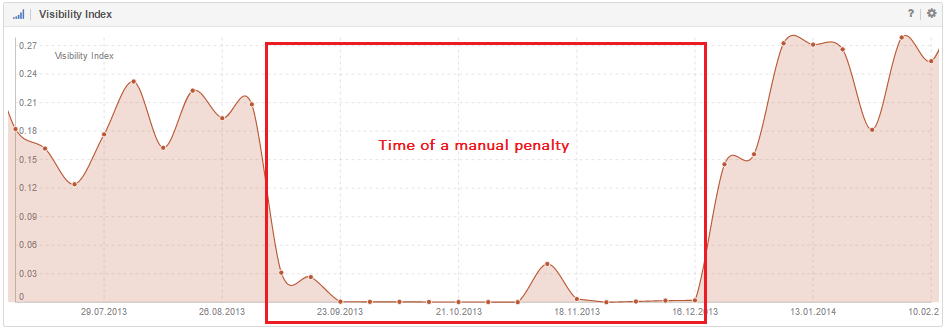Google constantly tries to maintain and increase the quality of their search index. In order to accomplish this goal, Google launches algorithm updates every now and then, on all search markets, worldwide. These so-called Google Updates can have a varying degree of influence on the particular ranking of a website.
- How many Algorithm Updates does Google deploy?
- How do I know when a Google Update took place?
- Using the Google Update Radar
- Using the SISTRIX Visibility Index as a means of monitoring
- Check your website with the Google Update Checker
- Video explanation by Matt Cutts on the subject
- How can I tell if my site is affected by a particular algorithm?
How many Algorithm Updates does Google deploy?
According to Google:
In 2019 we ran over 464,065 experiments, with trained external Search Raters and live tests resulting in more than 3620 improvements to Search
Google
Most of the time, Google does not deploy one update a day, though. Oftentimes, multiple updates are deployed together within one day, followed by days without any updates. Multiple times a year Google might release what is known as a Core Update.
How do I know when a Google Update took place?
Google does not announce all minor updates to their Ranking Algorithm. For updates that are expected to have a big impact on a large variety of websites though, Google announces publicly on the SearchLiason Twitter account.
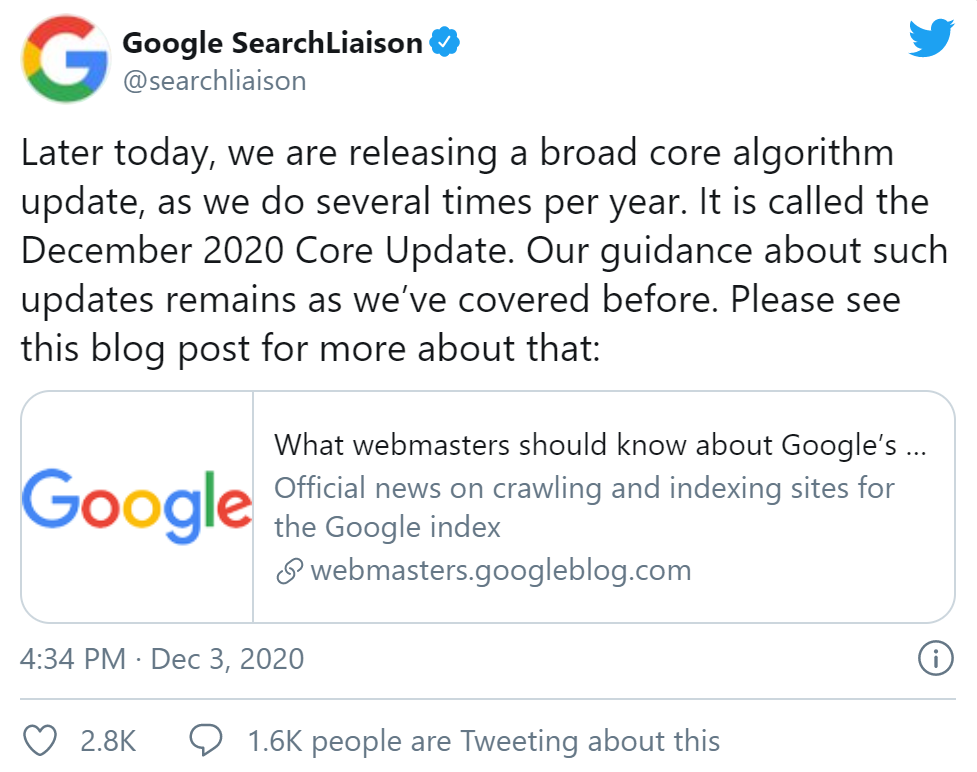
Using the Google Update Radar
We monitor SERP movements on a daily basis and summarise the movement level in single-figure graphic that quickly show how much the SERPS have moved over the last 24 hours.
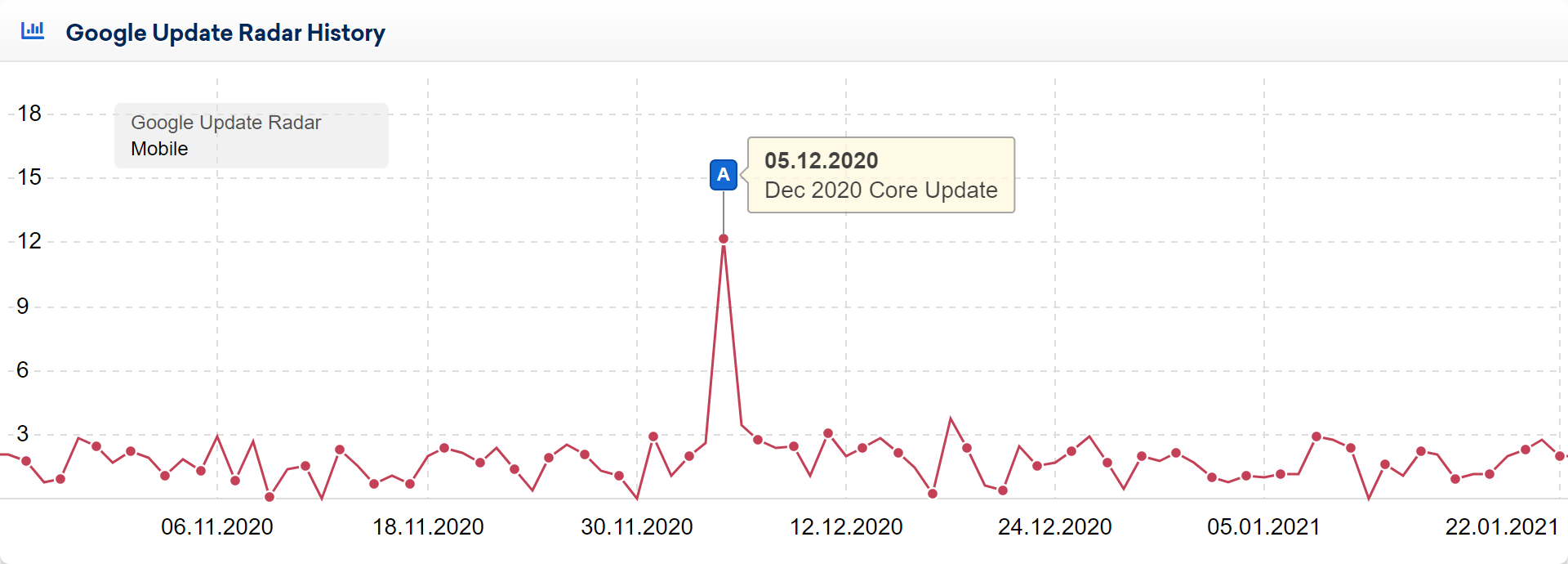
Using the SISTRIX Visibility Index as a means of monitoring
Using the SISTRIX Visibility Index you are not only able to measure the success of SEO measures, but also analyse the consequences of Google’s Algorithm Updates and manual penalties.
An algorithmic penalty, caused by one or more Google Updates, can easily be recognised in the SISTRIX Toolbox, using the event pins, which are automatically set by the system.
- Ask-SISTRIX: How do I recognise an Algorithmic Penalty?
Identifying a manual penalty, on the other hand, which Google might impose due to link building or link-manipulation, for example, will usually show up nicely in the ranking-distribution chart for the domain in the SEO module.
Obviously this also has implications for the visibility index and is displayed with the chronological course of the domain:
If you have reason to believe that your website is affected by a manual penalty, you should seek out the Google Search Console (formerly Webmaster Tools), since the Webmaster will find information from Google on whether manual measures have to be taken or not.
Check your website with the Google Update Checker
We have summarised all relevant algorithm updates in a Google update overview. You can type in your own domain for free and have it analysed easily. You do not need a toolbox account to use this feature!
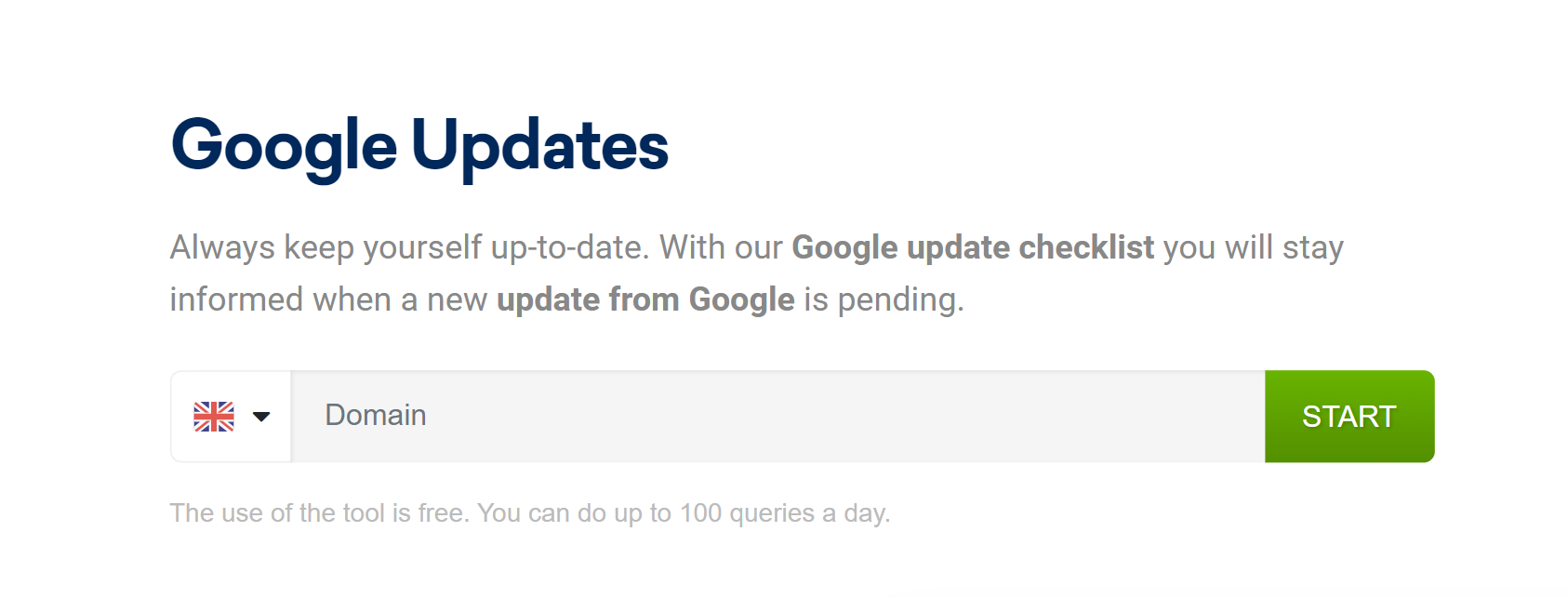
Video explanation by Matt Cutts on the subject
How can I tell if my site is affected by a particular algorithm?
How can you tell if your site is suffering from an algorithmic penalty, or you are simply being outgunned by better content?
